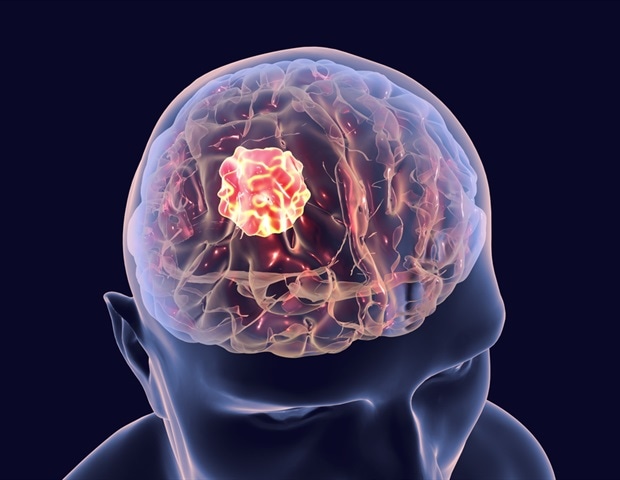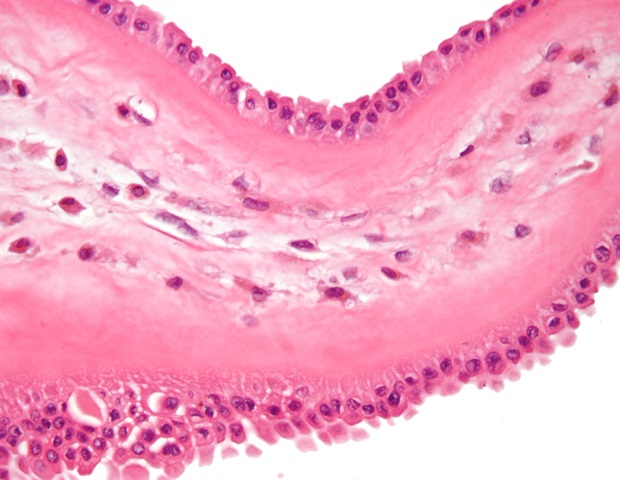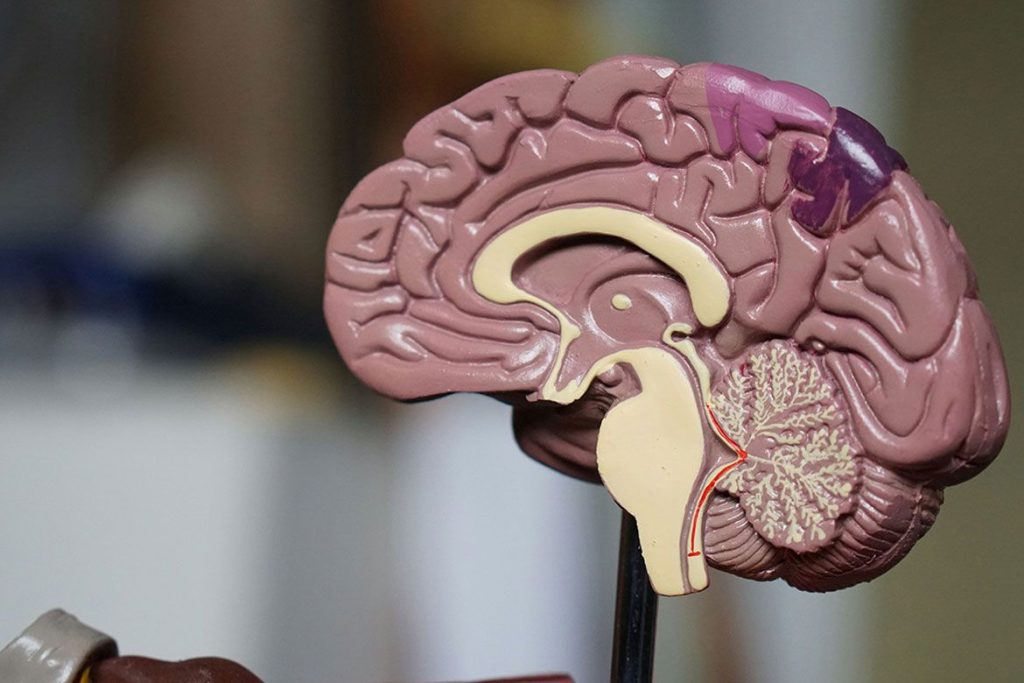High-grade astrocytoma, which includes glioblastoma, is a fast-growing, aggressive brain cancer that often returns after the tumor is removed, making...
Vous n'êtes pas connecté
- English
- Français
- عربي
- Español
- Deutsch
- Português
- русский язык
- Català
- Italiano
- Nederlands, Vlaams
- Norsk
- فارسی
- বাংলা
- اردو
- Azərbaycan dili
- Bahasa Indonesia
- Հայերեն
- Ελληνικά
- Bosanski jezik
- українська мова
- Íslenska
- Türkmen, Түркмен
- Türkçe
- Shqip
- Eesti keel
- magyar
- Қазақ тілі
- Kalaallisut ; kalaallit oqaasii
- Lietuvių kalba
- Latviešu valoda
- македонски јазик
- Монгол
- Bahasa Melayu ; بهاس ملايو
- ဗမာစာ
- Slovenščina
- тоҷикӣ ; toğikī ; تاجیکی
- ไทย
- O'zbek ; Ўзбек ; أۇزبېك
- Tiếng Việt
- ភាសាខ្មែរ
- རྫོང་ཁ
- Soomaaliga ; af Soomaali
 Maroc - THEPARADISE.NG - A La Une - 26/09/2024 23:55
Maroc - THEPARADISE.NG - A La Une - 26/09/2024 23:55
Programming cells help to fight a brain tumor
Glioblastoma is the most common and aggressive brain tumor, with patients surviving less than two years after diagnosis. Current treatments could be more effective. Researchers from the University of Geneva and Geneva University Hospitals have discovered a specific marker on glioblastoma cells and created immune cells called CAR-T cells that can target and destroy these [...] Read Full Article At: Programming cells help to fight a brain tumor
Articles similaires
Macrophage immune memory depends on lingering interferon gamma
Researchers from the University of California, Los Angeles, have discovered that immune cells known as macrophages remain poised to fight repeat...
Scientists discover why some brain cells resist Alzheimer’s Disease
Scientists have discovered why certain brain cells are better at resisting Alzheimer’s disease, a breakthrough that could open the door to new...
Scientists discover why some brain cells resist Alzheimer’s Disease
Scientists have discovered why certain brain cells are better at resisting Alzheimer’s disease, a breakthrough that could open the door to new...
“Cyborg” pancreas? New implant could help lab-grown cells treat diabetes
Scientists are developing a futuristic approach to treating diabetes that sounds like science fiction but may one day become reality. Researchers at...
Hidden immune cells in belly fat may hold the key to preventing diabetes
Scientists have discovered a surprising reason why excess belly fat can lead to type 2 diabetes — and a potential new way to stop it. Researchers at...
Hidden immune cells in belly fat may hold the key to preventing diabetes
Scientists have discovered a surprising reason why excess belly fat can lead to type 2 diabetes — and a potential new way to stop it. Researchers at...
Scientists develop test to guide treatment for triple-negative breast cancer
Researchers have developed a promising new way to predict how patients with one of the most aggressive forms of breast cancer will respond to...
Scientists develop test to guide treatment for triple-negative breast cancer
Researchers have developed a promising new way to predict how patients with one of the most aggressive forms of breast cancer will respond to...
New three‑drug combo may help treat tough skin cancer
Melanoma is one of the most dangerous forms of skin cancer because it can spread quickly to other parts of the body. Over the past decade, treatments...
Les derniers communiqués
-
Merck Foundation Chief Executive Officer (CEO), Dr. Rasha Kelej meets The First Lady of Nigeria & 6 African First Ladies of Africa at the 12th Africa Asia Luminary 2025 in The Gambia
Fondation Merck - 20/01/2026
-
Ministry of Communications, Innovation & Digital Economy and The Aig-Imoukhuede Foundation Collaborate to Drive Nigeria’s Digital Transformation
The Aig-Imoukhuede Foundation - 21/07/2025







